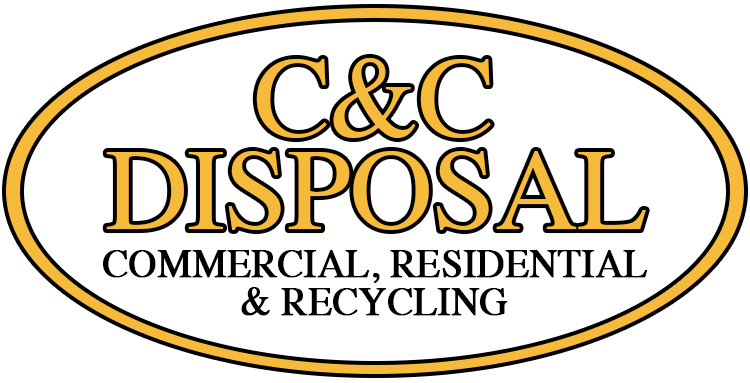
Humans tend to overload things. We cram dishwashers with plates, bowls, and cups. We heap laundry in the basket until it sprawls over the sides. Let’s not even mention suitcases.
Another familiar example of overloading is the garbage bin. It starts inside with bags ripping apart as we desperately try to tie them off and lift them out. In the curbside collection bin, the lid stays slightly ajar, unable to close completely. For whatever reason, there is too much trash.
While this might seem like an innocent slip in the system, overloaded disposal containers negatively affect our health, neighborhoods, and the natural world. Let’s explore how this happens, why overloading is an issue, and some practical solutions.
How Overloading Happens
It’s essential to understand how overloading happens. Otherwise, we feel powerless when trying to address the issue. It is best to prevent the problem rather than responding to the resulting symptoms. Common causes of overloaded garbage bins include:
Parties and Social Events – Having people over can be the week’s highlight. However, more people equals more trash. If you use disposable plates, cups, cutlery and participate in activities including arts, crafts, and gift unwrapping, you may create waste much faster than anticipated. Your average kitchen bag won’t be enough to last the night.
Missing a Week – It happens to all of us. Miscommunication, a night away, being just plain busy, all of these things can lead to missing the collection truck and having double the amount for the next pickup.
Moving – It’s a tragedy of errors, but often when we most need garbage collection, we have the least idea when it comes. Moving can generate piles of junk and boxes. At the same time, you often change the collection day, making it easier to forget which day the collection truck is coming.
Not Recycling – While recycling programs differ from state to state, most have separate collection systems. Even if the municipal system doesn’t, you can get a waste disposal company to pick yours up separately. As well as helping the environment, recycling reduces the stress on your other trash bin. Plastic and cardboard recycling can make a major change since milk cartons, boxes, and containers are often the most bulky items.

Recent Comments